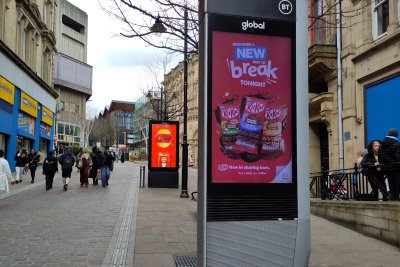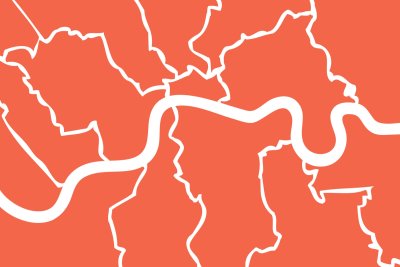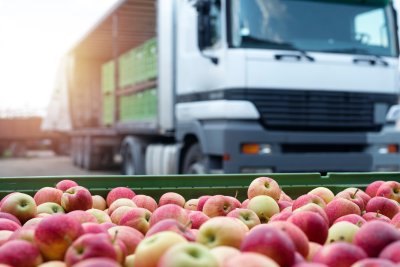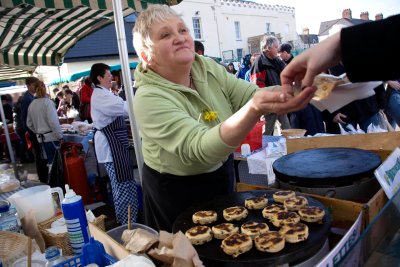From June 1, Latvian shopkeepers will have to check the age of anyone buying a so-called 'energy' drink, defined as a drink with more than 150 mg of caffeine per litre and containing a stimulant or tonic such as taurine, inositol, Guarana alkaloids or ginkgo. Sales to under-18s will be illegal, schools and colleges will be banned from selling them, and the drinks must be displayed away from foods. Advertising will have to include a warning about the negative health effects of excessive consumption, and adverts for the drinks should not associate them with participation in sports competitions or in alcoholic combinations. Latvia is the latest country to repond to a 2013 European Food Safety Authority report which found that young people accounted for the majority of energy-drink consumers, and a 2015 EFSA opinion that a 'safe' intake level for children has not been established. More information on Sustain's work to protect children from harmful food and advertising is here.
Sustain: Sustain The alliance for better food and farming advocates food and agriculture policies and practices that enhance the health and welfare of people and animals, improve the working and living environment, enrich society and culture and promote equity.







